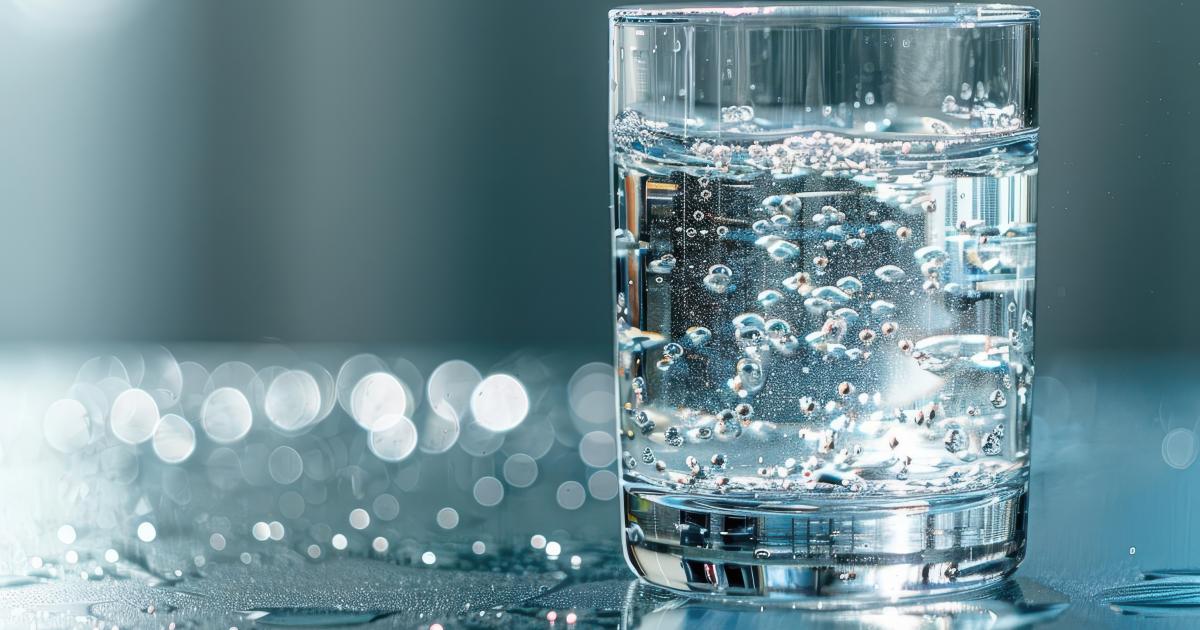
Suggested video What products are in season in January?
Video 1 of 1
After the excesses of the end-of-year holidays, Dry January is emerging as a popular challenge. Born in the United Kingdom, each year he attracts thousands of French people ready to say “stop” to alcohol for a month. But what does this temporary abstinence really bring to our body? Fewer pounds, better quality sleep, and even a reduction in the risks linked to certain chronic diseases? We’ll explain it to you.
Quitting alcohol for a month can provide positive health effects, although the benefits depend on your initial drinking habits. A reduction in blood pressure and cholesterol levels is often noted, as is a slight weight loss, estimated on average at 1 or 2 kilos. These results are not automatic: they mainly concern people who regularly consumed alcohol. Half of the participants reported improved sleep, better concentration, and a noticeable boost in energy. These effects are explained by the fact that the body no longer has to metabolize alcohol, leaving more resources available for other vital functions.
Dry January is also a time for reflection. In a society where alcohol is often associated with conviviality, he invites everyone to question their habits. Not feeling cravings in January can be a good indicator of a healthy relationship with alcohol. On the other hand, a feeling of deprivation or frustration could signal problematic consumption. According to Dr Gautam Mehta for BBCthis initiative allows some to “start from scratch”: six months later, the number of people consuming excessively falls by half. For lasting effects, it is better to adopt moderate consumption throughout the year rather than compensating after January.
Source:https://www.750g.com/dry-january-voici-ce-qu-il-se-passe-vraiment-dans-votre-corps-si-vous-ne-buvez-pas-d-alcool-pendant-un-mois-a39559.htm


